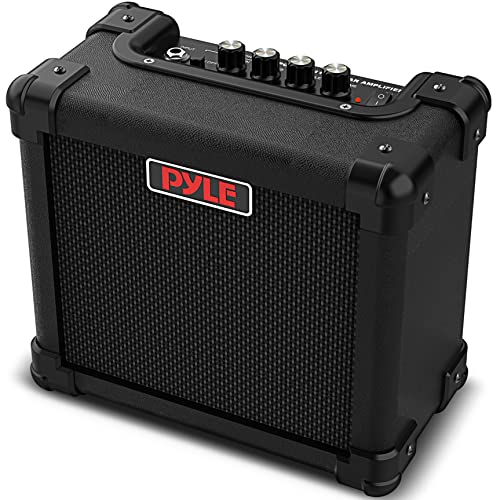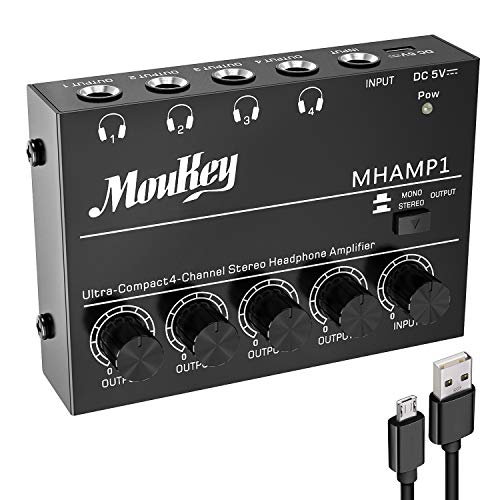I have far more than what I have shown you. Just look at the bottom of my post. I have too much but yet not enough.
I assume you have a Badlander based on your original post?
It is very much on par with the Mark VII. Not far off from the Mark V90. The difference is how the lead drive circuit is used and where it is located. Then comes the tone stack driver circuit which changes everything. Typically, the Mark amps place the tone stack in front of the lead drive circuit so you can predefine the boost or cut of frequencies feeding the overdrive circuit. The final filter being the GEQ.
The BAD can mimic the Mark V without the need for the GEQ, however its compression effect is quite different as it uses a tone stack driver borrowed from the Rectifier preamp (dc coupled cathode follower). the FX send also uses a cathode follower circuit (much like the Triple Crown, RA100 which use a 12AT7 for this purpose, Rectifier amps run a 12AX7 for this section).
Since the tone stack follows the overdrive or mark lead drive circuit, you loose that ability to get that true IIC voice by boosting the gain and treble and dropping the bass and midrange. That trick did not work with my Mark V90 (it has issues). However, it works great with the JP2C and the Mark VII when using the IIC and IV modes. I would assume the Mark V:35 can make use of that trick too.
After poking around the Badlander, I found the gain stages were very much that of the Mark amp. It just has a different signal path and how the gain stages are mapped out. This chart was made by using the tube task charts, prior knowledge of how the lead drive circuit is designed and so on.
This is the Mark series based on the VII as the template. This is all for the gain channels or modes.
Mark V:35
CH1 crunch:
V1A-> TS->
V1B ->
V2A->
V3A -> GEQ -> FX -> V5A -> phase inverter (V6AB)
CH2 (IIC, IV, Ext):
V1A -> TS ->
V1B ->
V2A ->
V2B ->
V3A ->
V5B -> GEQ -> FX -> V5A -> phase inverter (V6AB)
Note that the V2A is the overdrive stage, V2B is the boosting stage. Based on the chart above, the overdrive stage is V3B and the boost stage is V4A. The buffer stage V3A is also used with the Mark V90, it sort of takes place of V2B above as this signal gets attenuated and then pushed into the last gain stage that defines the voice of the IIC, IV, and Extreme modes V5B. I tried to color code the text as I do not have the program at home that I used to create the chart. V3A is just a buffer or bridge circuit, interesting that it is the same triode ID as that used on the Mark V90.
The Mark VII is more akin to the Badlander when using the crunch and VII modes. They still sound different though which may be due to the method on how the tone stack is driven.
Now for reality check, was the performer making use of the onboard cab clone? The Mark V:35 does have the basic cab clone feature that is not present on the Mark V90. It is not the IR type though but does work good when making use of it as supporting sound to the main mixer. Was the amp boosted or pushed with any pedals or effects? That changes everything on what you are hearing.
The only recommendation is to try one out and hear it for yourself. If the Mark V:35 (guitar + amp + speaker) does the job, then go for it. I personally have not made use of the cab clone IR on the Badlander. I did try it out through a powered PA speaker. Blending that with a close mic on the speaker cab would make a world of difference. Once you get that into the mix with drums and bass everything sounds different. Every time we jam at my home, if the bass player has to leave early that sort of leaves in a gap in tone. Sure the Badlander sounds great but having the bass line in the mix helps more than one realizes.
Most of the jam sessions, the guitar player preferred the Badlander, probably because it is easier for him to dial in. I play drums when I have company over. The last two jam sessions, he wanted to try out the Mark VII as I was playing through it while I was waiting for the them to arrive.
It gets cramped when they are over, not much room in the room as the drum set takes up more floor space than anything else.
Before I started playing the acoustic drums, there was more room for more amps. The Badlander and the Mark VII were the latest amps I bought. Before that and the California tweed, I had an E-Drums kit, then went to a beginner grade acoustic drum set before jumping into the higher grade drum set.
I held onto amps after having regret selling two of them. (Mark III and Mark IVB). Sometimes I will get something out. Usually the RA100 pair comes to mind. For now I am hooked on the Badlander and Mark VII. If I were to try to set up all of the gear in one room (just the guitar amps in general) it would not fit the largest room in the home. This was hard enough to fit. Yeah, I still have these too.
































